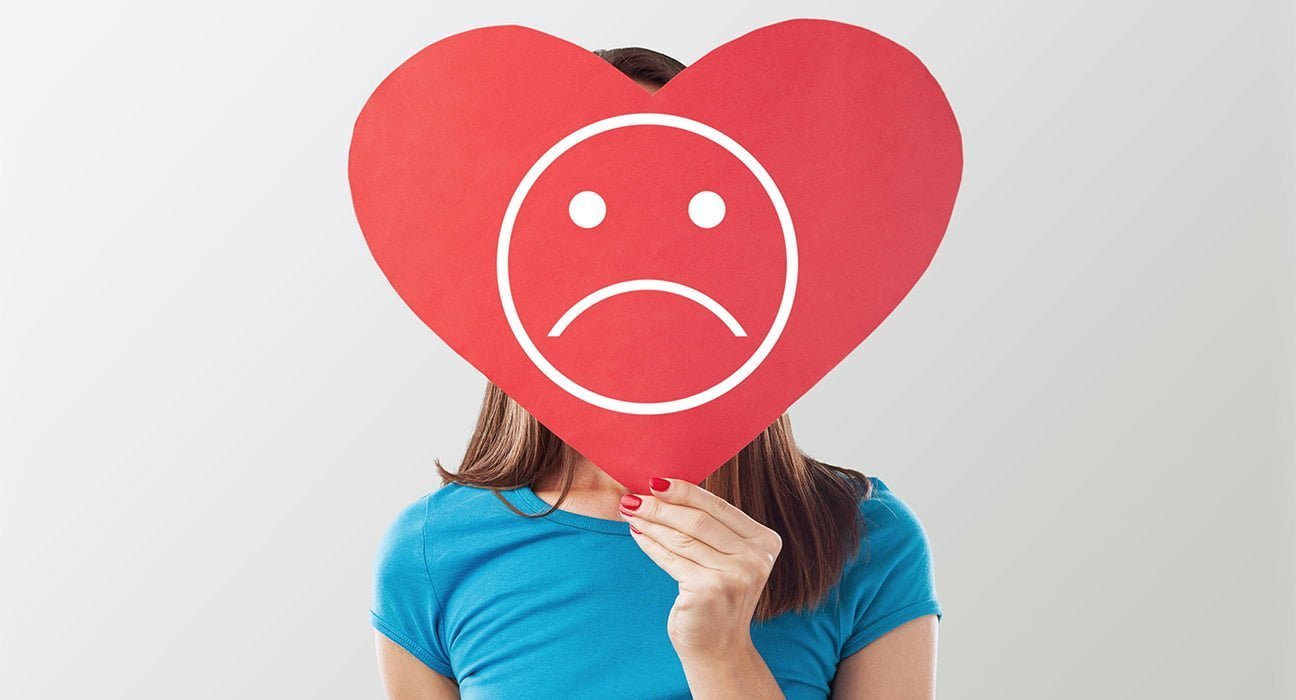Life is a gift. The journey of life is of course not easy. There are ups and downs, difficult and easy times, pain and sufferings along with many happy moments. Humans are considered as the best species; they have two most important assets in the world – brain and emotions along with several other abilities which many other species lack. All of us know these things, but still we are the most disturbed than ever! Kids, teenagers, adults and elderly all are stressed, worried and lonely. They experience difficult emotions like sadness, fear and anger more than ever. People have more money, more comfort, more technology but less peace and good experiences! Feeling emotional sickness is a sign, that you need a support for sharing your emotions.
Global Mental Health Crisis
According to a report on mental health by the US, in 2019, just prior to the COVID-19 pandemic, 19.86% of adults experienced a mental illness, equivalent to nearly 50 million Americans. In the first year of the COVID-19 pandemic, global prevalence of anxiety and depression increased by a massive 25%, according to a scientific brief released by the World Health Organization (WHO). In India, it is estimated that 6-7 % of the population suffers from mental disorders. A 2021 Lancet study found that in India, the prevalence of depression and anxiety disorders has increased by 35%, during the COVID-19 pandemic. This is on-paper data, the ground reality – unidentified and undiagnosed cases are even more alarming.
Emotions are integral to us. We feel happy, sad, angry, excited, and disgusting many times in a day. Most people either struggle with identification – what emotion they are experiencing or expression – expressing emotions in appropriate ways. Suppression of emotions and lack of trust, no meaningful relationships are the main reasons for emotional distress in people. Stressors are common for each one of us, for example, any transition, loss of money or job or relationships, not having enough recognition, staying away from family, work related pressure, health issues, etc. Our reaction to stressors are different, some people have better coping strategies than others, some have better social support which helps them sail through difficulties easily.
The Crucial Role of Adults in Shaping Future Generations
Adults are role models for kids, the way we experience our emotions and express them is learnt by our future generations. Adults are attracted towards glamor, money, alcohol and have totally come under the influence of western countries. Values of life are so rare to find! This is one of the main reasons why so many young people are emotionally unwell. Maslow’s hierarchy of needs is a great theory, it explains that one moves in a hierarchy of needs and at the end attains self-actualization in life. These days children and young adults already have the basic needs met, without even putting in the effort. Parents and caregivers provide them with a very comfortable environment, fulfilling all their needs.
Now, since the kids haven’t worked for the first two needs, and lack experience of problem solving, meeting esteem needs becomes a challenge and hence the emotional difficulties. Fear, worry, hate, supreme selfishness, and the inability to adjust themselves to the world of reality are largely the causes of most of our health problems today. Heart issues, thyroid diseases, diabetes, gastro-intestinal problems – all have one thing in common, all are results of stress and worry. Not being able to manage our emotions leads to such big complications. Think of the risk our emotions can put us into. The Coronavirus pandemic shook the world, a disease that attacked our respiratory systems and led to deaths in lacs. The whole world came together, vaccines were developed, treatments were devised and all the efforts were taken to control the pandemic. And, if we talk about emotional problems,
WHO says suicide is the fourth leading cause of death among 15-29-year-olds
People with severe mental health conditions die prematurely – as much as two decades early – due to preventable physical conditions. Yet, efforts for controlling and treating mental health problems are minimal. Emotional sickness is real and needs immediate attention.
Early intervention, proactive teaching of emotions and emotional regulation, fostering positive relationships, and teaching problem solving can help reduce a lot of mental health problems in adult life. Developing social skills in schools can prove to be a great resource in reducing emotional disturbances. With efforts and collaboration, we as a community can do our bit, be role models, and prevent the future pandemic of emotional sickness. Prevention and cure both are priorities for today. Let us identify, teach, listen, support our youngsters, let us prepare them to face challenges and not give up, let us teach them to worry less and love more, let us lead them to a brighter future.













Leave feedback about this